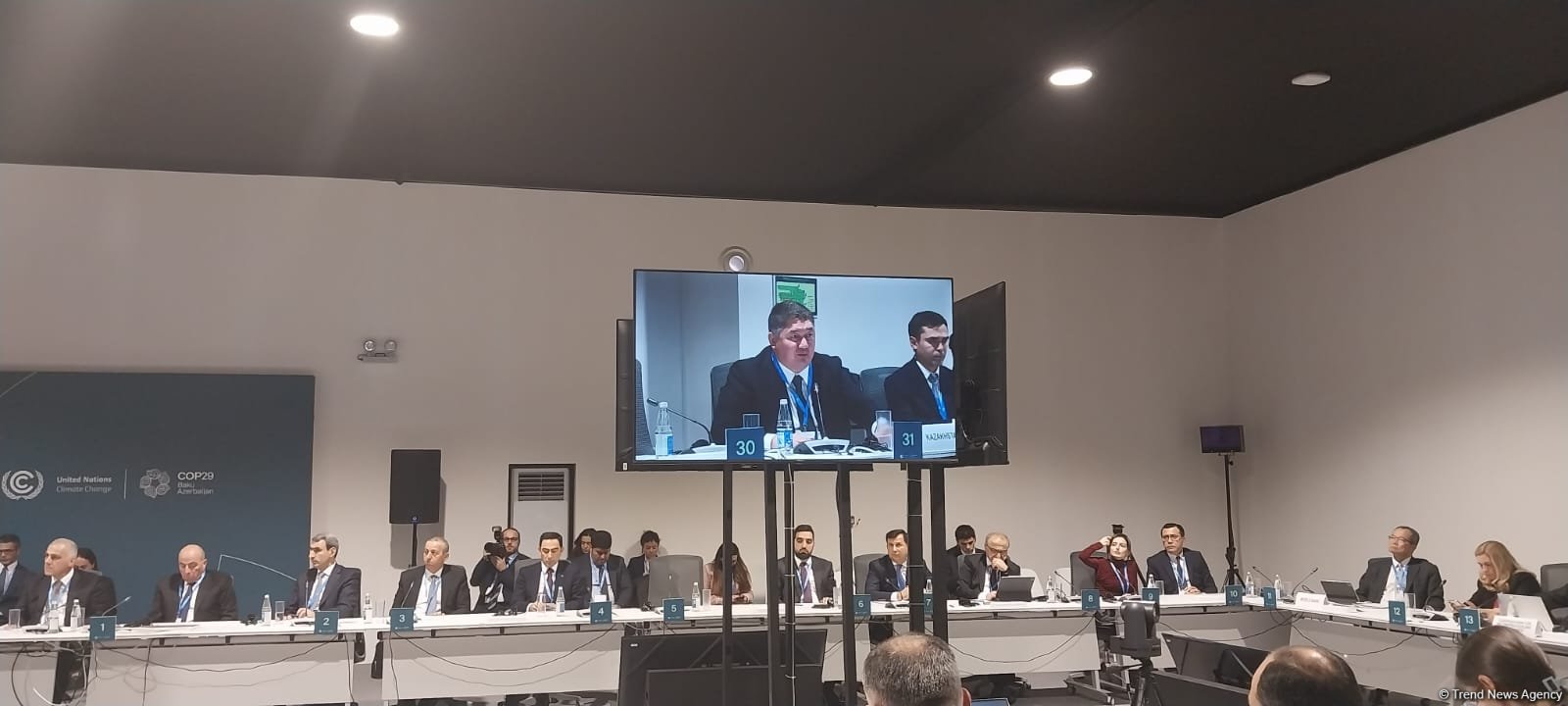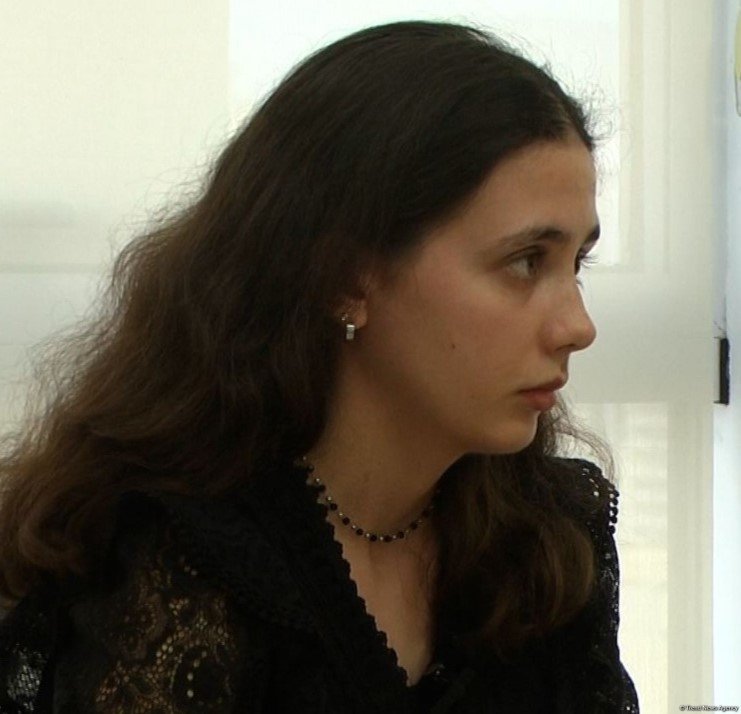BAKU, Azerbaijan, November 20. The total volume of freight traffic along the Middle Corridor reached 3.8 million tons in the first 10 months of this year, which is 68 percent more than in the same period last year, the Vice Minister of Transport of Kazakhstan Talgat Lastayev said at a high-level Ministerial Roundtable on Sustainable and Digital Middle Corridor and Beyond at COP29, Trend reports.
“Container transportation amounted to 46,300 TEU, which is almost three times higher than last year's figures. I would especially like to emphasize that the China-Europe-China routes amounted to 27,600 TEU, which is 25 times more in annual terms. In addition, we attract additional volumes of cargo and reached an agreement to increase the number of container trains from China to 600 per year,” he said.
Lastayev noted that Kazakhstan has also introduced a system of exchange of permits for road freight transportation with 42 countries.
“This year, an electronic permit exchange pilot project was initiated with the Republic of Uzbekistan to guarantee the system's transparency. The shift to electronic permits for transportation between Kazakhstan and China will be finished by the end of the year, enabling us to digitize 60 percent of all permits," he stated.
To note, the 29th session of the Conference of the Parties to the UN Framework Convention on Climate Change (COP29), which will run until November 22, opened at the Baku Olympic Stadium on November 11. It is the largest event organized by Azerbaijan to date, and the first time in the region that it is being held in Azerbaijan.
Within COP29, the highest-level event - the summit of world leaders on climate action - was held on November 12–13.
The main expectation from COP29 is to agree on a fair and ambitious New Collective Quantitative Goal (NCQG) on climate finance. The COP29 Presidency has launched 14 initiatives that include linkages between climate action and the Sustainable Development Goals, including green energy corridors, green energy storage, harmony for climate resilience, clean hydrogen, methane reduction in organic waste, action on green digital technologies, and other topics.
In addition to being a top priority that creates the conditions for action, creating climate finance will also help fulfill the 1.5°C pledge by bringing everyone together.
The UN Framework Convention on Climate Change is an agreement signed at the Rio Earth Summit in June 1992 to prevent dangerous human interference in the climate system. The acronym COP (Conference of Parties) stands for “Conference of Parties” and is the highest legislative body overseeing the implementation of the Framework Convention on Climate Change.
A total of 198 countries are parties to the Convention. Unless otherwise decided by the parties, COP is held annually. The first COP event was held in March 1995 in Berlin, and its secretariat is located in Bonn.
Stay up-to-date with more news on Trend News Agency's WhatsApp channel







